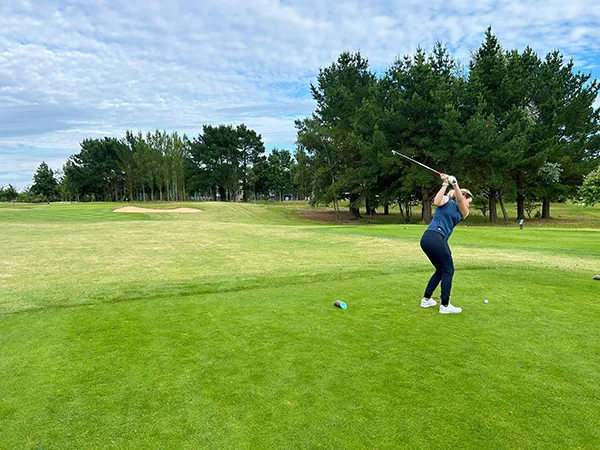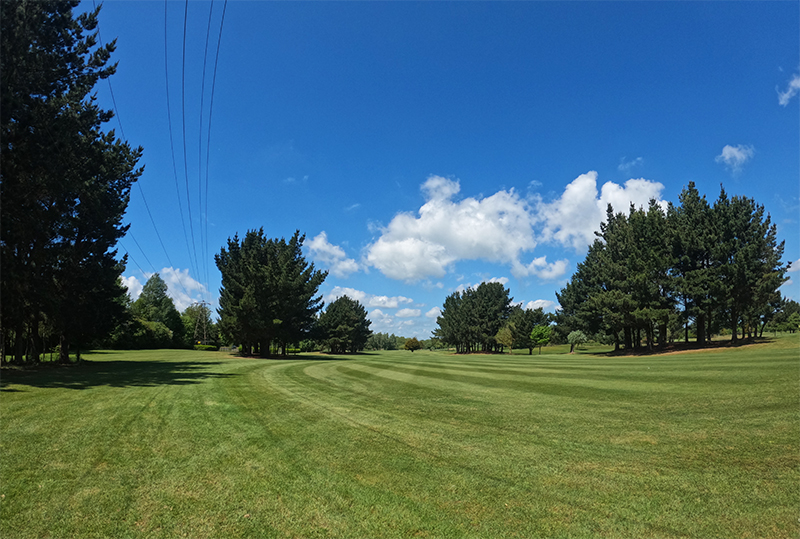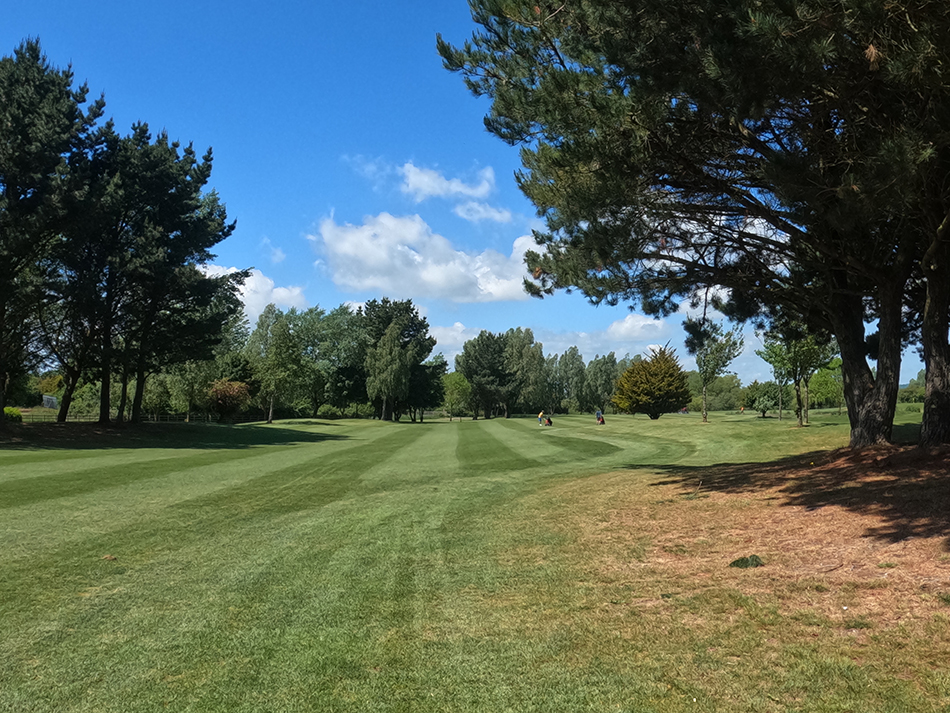The Long Drive to Longevity
How Golf Keeps You Healthy and Happy
There is perhaps no better time than the present to highlight the benefits of retaining a level of being physically active in adults. By 2045, its projected people over the age of 85 in the UK will represent around 4.3% of the population at around 3.1 million. A continuous trend towards a longer life expectancy
It is well recognised that participating in sport has numerous benefits for both physical and mental wellbeing. Golf, however, has sometimes been seen to not be as beneficial due to it being a low impact sport. This article will highlight that this is not the case.
Physical activity, is important for everyone, excluding age, but is increasingly important as we get older, especially in relation to maintaining physical and mental health, with muscle, bone, and joint strength along with cognitive function declining with age, as supported by research.

Golf, as stated before, is often overlooked as a form of exercise, but is a great low- impact activity that can be enjoyed at any age. The gentle nature of walking around the course or swinging a club on the driving range makes it the ideal choice for those looking to maintain their physical health and well-being.
The golf swing incorporates a balance between power and finesse, engaging muscles all over the body. This not only helps maintain muscle strength, tone and flexibility but also aids in maintaining good balance, which is also pivotal for preventing falls and retaining independence levels in later life.
Whether it is a casual round with friends or a club tournament, the interactions that take place on the course, or in the Centre enjoying a coffee, can significantly improve overall happiness and mood, making rounds as much about the people, as the game itself. Golf offers players the opportunity to meet new friends, engage in conversation and be a part of a community, bringing a sense of belonging.
Walking nine or eighteen holes around the golf course is a great way for people to increase their heart rate and burn calories to keep their waistlines in check without overworking their hearts. Frequent cardiovascular exercise lowers blood pressure lowers the risk of cardiovascular illnesses, and generally maintains a strong and fit heart. Rustington Golf Centre’s Par 68 course keeps the heart healthy and content with a wonderful combination of longer and shorter holes, allowing you to play 9 or 18 at your convenience.
One of the most unique parts of Golf is the multitude of serene environments to enjoy. Spending time outdoors in nature has been proven scientifically to lower symptoms of depression, reduce stress and overall improve mental well-being. Having the luxury of focusing on the game whilst enjoying the natural environment of the course offers a sense of tranquillity, difficult to find in many other sports.
Golfers may get lucky sometimes, with the sun accompanying them on their day on the golf course. The sun provides more than just a source of natural heat and a nice tan, in the form of Vitamin D. An essential vitamin absorbed through the skin, helping to maintain a positive mood and energy levels, a great natural way to boost your spirits and keep active throughout the day.


The strategic thinking and problem solving, needed in navigating through a round on the course, can help maintain cognitive function, and keep the mind active. Golf provides a mental challenge that can be stimulating and rewarding for players.
Cerebellum coordination – The small part of the brain, responsible for information processing and coordination is called the cerebellum and is used with every swing. The precision in the golf swing challenges the cerebellum, activating large parts of the brain maintaining its health and function, attributed to a longer life expectancy.
Studies have shown, overall, that golfers do typically live longer than those who do not participate. This could be attributed to the active lifestyle that accompanies the sport, but it is also likely that social interaction and mental stimulation play a part in contributing to a longer heathier, enjoyable life.


Author: Karl Treagus